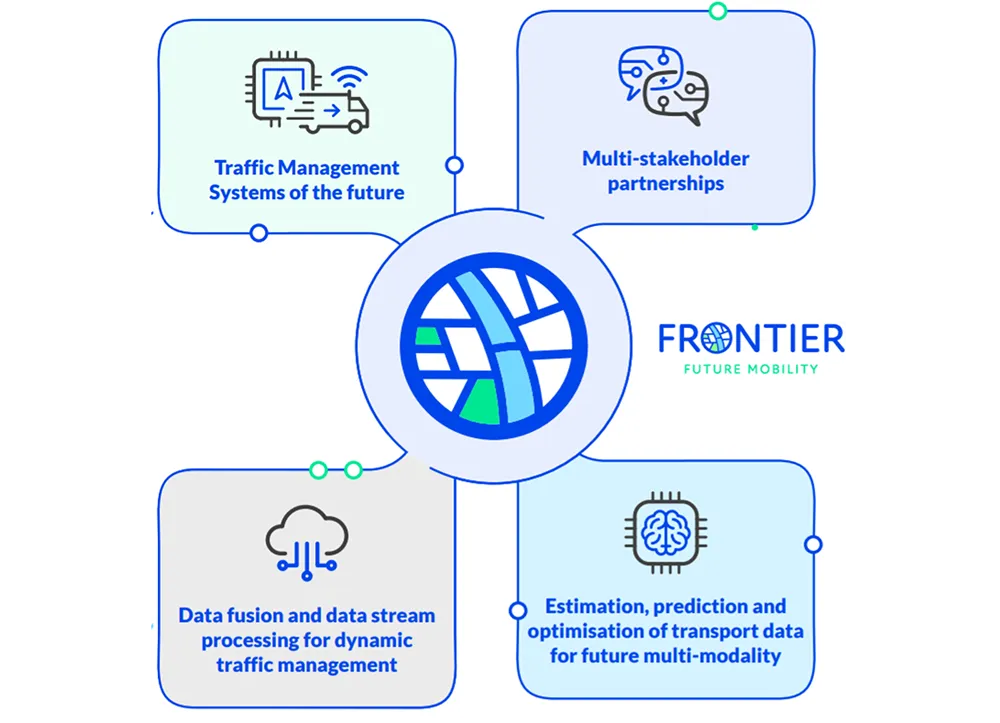Trimble has announced a ‘definitive agreement’ to acquire SketchUp, one of the most popular 3D modelling tools in the world, from Google. The major deal is expected to close in the second quarter of 2012, subject to customary closing conditions and expiration of the waiting period under the Hart-Scott-Rodino Antitrust Improvements Act.
SketchUp is currently used by millions of users annually—ranging from architects to engineering and construction firms to building and design professionals—for designing, mo
April 30, 2012
Read time: 2 mins
The major deal is expected to close in the second quarter of 2012, subject to customary closing conditions and expiration of the waiting period under the Hart-Scott-Rodino Antitrust Improvements Act.
SketchUp is currently used by millions of users annually—ranging from architects to engineering and construction firms to building and design professionals—for designing, modelling and visualising projects.
As part of the SketchUp platform, Trimble will also partner with Google on running and further developing SketchUp's 3D Warehouse, an online repository where users can find, share, store and collaborate on 3D models. The site enables users to create collections of models, including 3D Buildings, and share them with fellow modellers around the world. Individual models can be loaded, saved and viewed in 3D from within SketchUp or a web browser.
A Trimble spokesperson said that, for the foreseeable future, Google will host and operate the 3D Warehouse for Trimble, and the companies will continue to offer the same capabilities, functions and services that are currently available.
The ability for users to submit 3D Buildings for potential acceptance and viewing in Google Earth will be maintained. Currently the 3D Warehouse has almost two million user-generated models.
“SketchUp and the corresponding 3D Warehouse provide an important element of our long term strategy by enhancing the integration of our field presence with the wider enterprise,” said Bryn Fosburgh, Trimble vice president.
“Trimble has already created the de-facto standard for field data models and project management tools for our key markets. SketchUp, together with these existing capabilities, will provide a stand-alone and enterprise solution that will enable an integrated and seamless workflow to reduce rework and improve productivity for the customer.”








